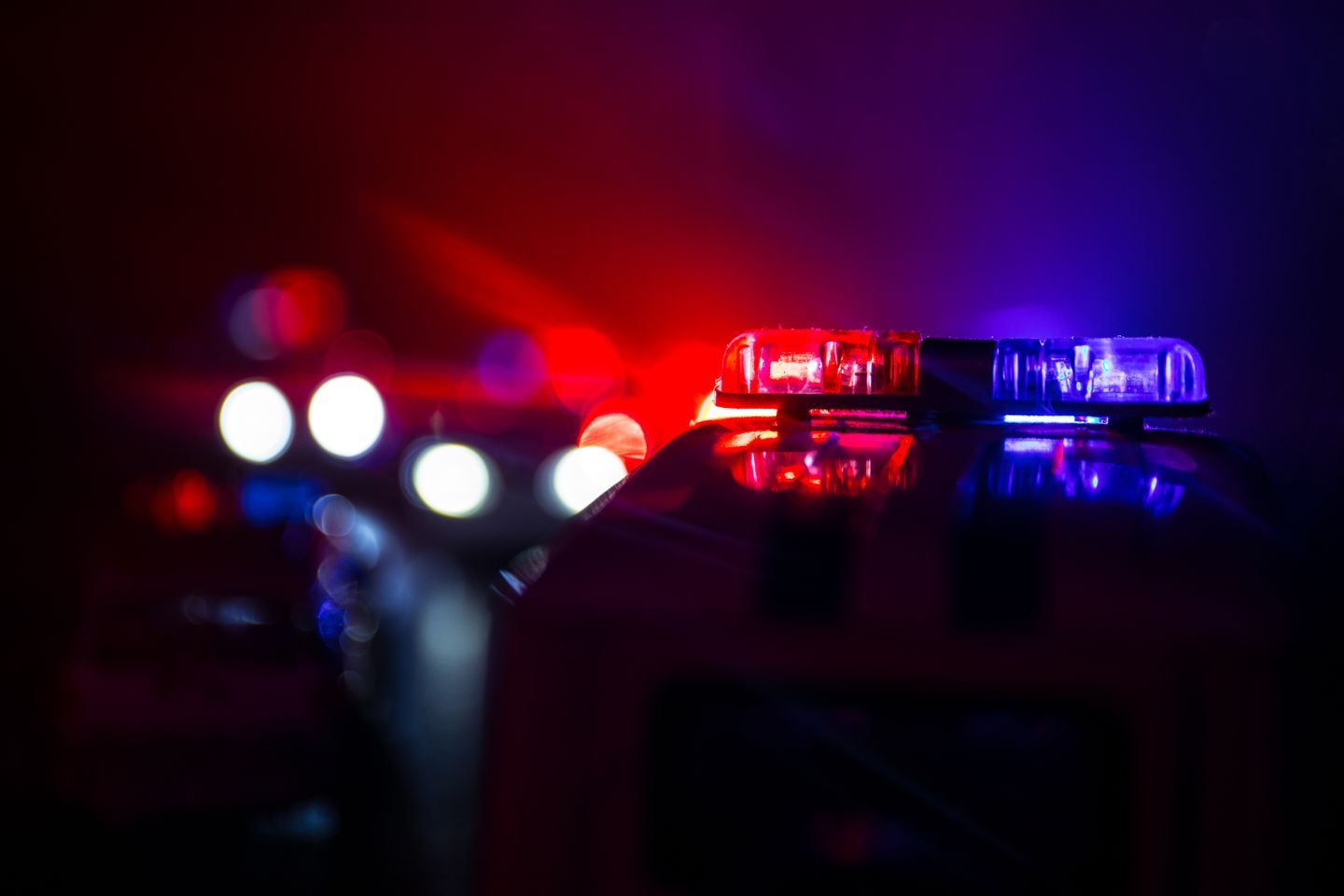A man in Colorado is currently facing potential bias-motivated charges after allegedly attacking a television news reporter. The incident occurred after the man demanded to know whether the reporter was a citizen, stating “This is Trump’s America now,” as detailed in court documents.
The altercation took place in a public setting, where the news reporter was conducting an interview. The man approached the reporter and began questioning his citizenship status. The reporter, taken aback by the sudden confrontation, attempted to defuse the situation by calmly explaining that he was indeed a citizen.
However, the man persisted in his line of questioning, becoming increasingly agitated and aggressive. He began making derogatory remarks about immigrants and minorities, escalating the situation further. The reporter, sensing the tension rising, tried to walk away from the man, but was followed and physically assaulted.
Witnesses to the incident immediately called for help and intervened to stop the attack. The man was restrained until law enforcement arrived on the scene. He was subsequently arrested and charged with assault and possible bias-motivated crimes.
The incident has sparked outrage and concern in the community, highlighting the prevalence of bias-motivated attacks and hate crimes. Many are questioning the role of political rhetoric and its impact on fueling such incidents.
The reporter involved in the attack has since spoken out about the incident, expressing shock and disbelief at the blatant display of hatred and aggression. He emphasized the need for unity and understanding in the face of such divisiveness.
The man accused of the attack has a history of making inflammatory and discriminatory remarks, according to sources familiar with the case. His actions are being investigated as a potential hate crime, with prosecutors considering additional charges based on the bias-motivated nature of the attack.
The incident has reignited discussions about the need for greater awareness and education on issues of bias and discrimination. Community leaders and advocacy groups are calling for increased efforts to combat hate and promote inclusivity.
In response to the incident, local law enforcement agencies have stepped up patrols in areas with high immigrant populations. They have also launched outreach efforts to engage with community members and address concerns about safety and security.
The case has drawn national attention, with many expressing shock and dismay at the brazen display of bigotry and violence. Political leaders have condemned the attack, calling for unity and solidarity in the face of hatred.
In a statement addressing the incident, Colorado Governor Jared Polis emphasized the importance of standing up against hate and intolerance. He reaffirmed the state’s commitment to promoting diversity and inclusivity, urging residents to reject discrimination in all its forms.
The incident serves as a stark reminder of the challenges that marginalized communities continue to face in today’s society. It underscores the need for ongoing efforts to combat hate and promote understanding among all individuals.
As the case unfolds, many are hopeful that justice will be served and that the perpetrator will be held accountable for his actions. The incident has sparked a broader conversation about the need for tolerance, respect, and empathy in our communities.
In the wake of the attack, the news reporter involved has received an outpouring of support from colleagues, friends, and community members. Many have expressed solidarity with him and condemned the violence that he endured.
The incident has also prompted discussions about the role of the media in shaping public perceptions and attitudes. Journalists and reporters often face risks and challenges in the course of their work, and incidents like these underscore the need for greater protection and support for those in the field.
Moving forward, it is crucial that we continue to address issues of bias and discrimination in our communities. By fostering a culture of inclusivity and understanding, we can work towards creating a more just and equitable society for all individuals.









